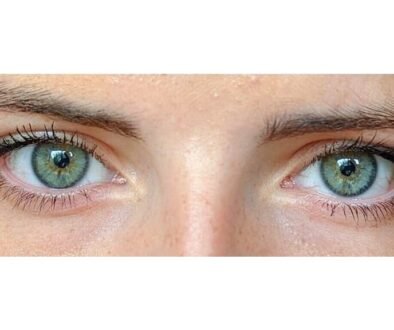Top 5 Tips for Younger Looking Skin
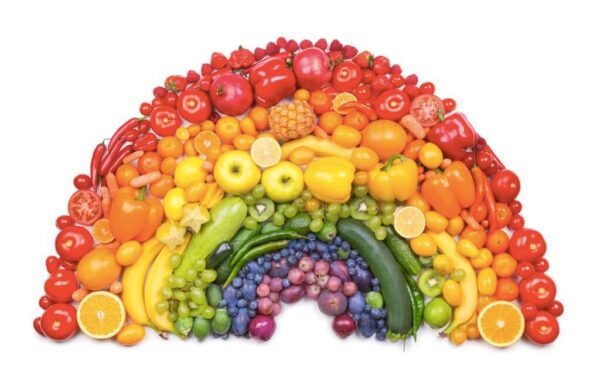
For younger looking skin…
1. Eat A Rainbow
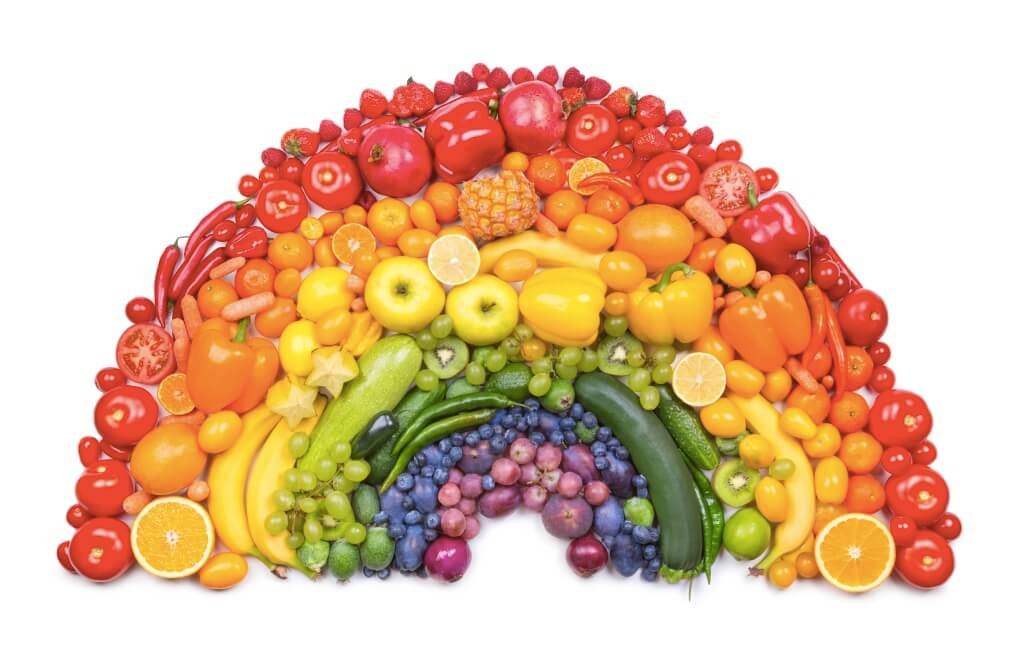
It is widely recognised that eating a rainbow of fresh fruit and vegetables will provide you with the vitamins, minerals, antioxidants, and phytochemicals required to stop you getting sick.
Recommended Daily Amount (RDA)
RDA’s were originally set during the war as bare minimums to ensure the health of the nation against such illnesses as scurvy (vitamin C deficiency), pernicious anaemia (vitamin B12 deficiency), rickets (vitamin D deficiency). If you think about the size of the blood vessels carrying these vital nutrients to our skin as compared to the other organs in our body, it quickly becomes obvious that the skin just gets what is left over, yet it is the largest organ of our body.
Doctors do not acknowledge skin conditions as having such significance as diseases involving the other organs of our body which means that to achieve optimal (skin) health one must eat a vastly increased level of vitamins etc. Modern farming techniques has led to the soil becoming depleted of vital minerals so there is increasing evidence supporting the need to supplementation for optimal health.
Bad foods – sugar!
One food group is particularly bad for skin and thus deserves special mention: sugar! Yes, the war on sugar continues. Sugar causes wrinkles. Sugar causes inflammation which in turn causes the degradation of collagen and elastin and leads to the skin thinning, sagging and WRINKLES.
Good foods – omegas!
Omegas are also vital for glowing skin… it is recommended that one should eat about three portions of oily fish a week, but actually I find that even this isn’t enough. Stress plays a huge part in skin health and affects more than just how you feel. Stress is hugely impactful to the look of your skin as it stimulates the production of cortisol which also leads to glycation. Omegas are great for helping with hormone balance and to reduce cortisol.
2. Drink Plenty of Water
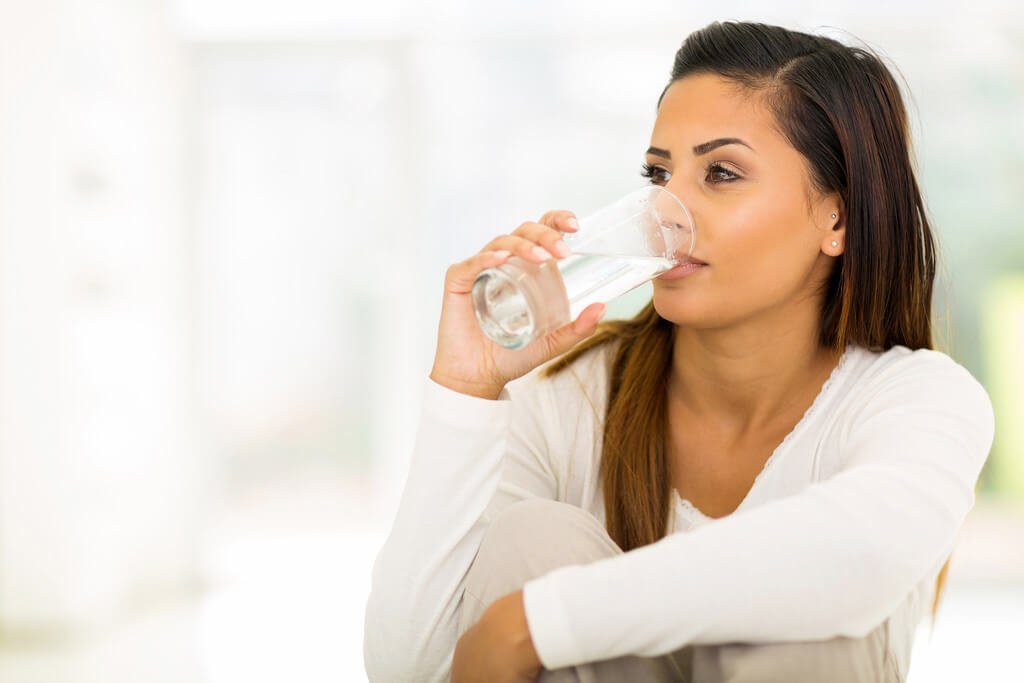
Drink 1.5 litres / day
In the UK it is recommended that we drink about 1.5 litres of fluid a day, in warmer climates or if you are participating in vigorous exercise then this amount should be increased.
Whilst not everyone is convinced that drinking more water is better for the skin, many people acknowledge that when they do, their skin looks more radiant. I certainly wasn’t convinced until last summer when during a three day seminar in an air conditioned room had my skin looking better than at the start. I drank about 4 litres of bottled water each day and was amazed at the result.
As there is no commercial benefit to studying the impact of water on our skin keeping hydrated from within only makes sense and is clearly required for flushing out toxins which cause oxidative stress on our bodies.
3. Get Enough Sleep

Get 8 hours sleep
Most of us need around 8 hours sleep a night for optimal health. It is a myth that you can catch up with a lay-in at the weekends. Recovery from chronic sleep deprivation will take concerted effort over time. Sleep deprivation not only makes your mind sluggish and at an increased risk of heart disease, diabetes and obesity, but also can cause your complexion to look dull, pale and lifeless. Blood is pushed to our skin when we sleep giving us that morning glow.
Wound healing, collagen growth, skin hydration and skin texture are all negatively affected by sleep deprivation. Inflammation is also higher in sleep-deprived patients, causing outbreaks of acne, eczema, psoriasis and skin allergies.
4. Have a Good Skincare Routine
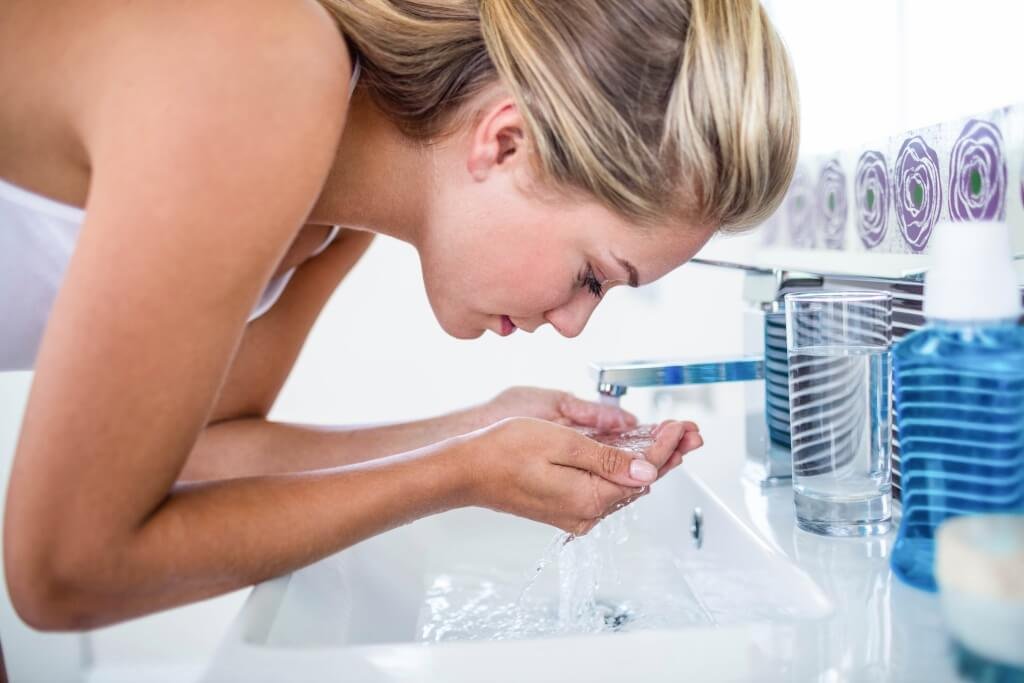
Our skin is the largest barrier against infection that we have, so maintaining a proper skin care routine is important. Keeping our skin healthy and moist helps keep this barrier strong. When the skin gets dry or irritated by harsh soaps, cracks in the skin can occur which leaves one more prone to infection. Ideally skincare products should be free of scents or perfumes as these can be irritating. Cleansers should be gentle and moisturisers should be used daily.
Moisturise daily
Dr Des Fernandes, one of the world’s pre-eminent plastic surgeons, whose skin defies his 70+ year age, regularly extols on only washing the face with water in the morning, but making sure that the skin is thoroughly cleansed each night before bed paying particular care if makeup has been worn. He is particularly vocal on making sure that one applies a good moisturiser rich in vitamin A, antioxidants, peptides and hyaluronic acid to effect change at a cellular level.
5. Be Sun Savvy

Source of Vitamin D
On the one hand, the sun is an excellent source of vitamin D that can make bones strong, and it feels wonderfully warming and can give skin a burnished, healthy glow, but too much exposure to the sun’s ultraviolet (UV) radiation can damage the skin’s DNA and contribute to premature aging (wrinkles) and skin cancer.
There is no healthy way to tan. Any tan can increase your risk of developing skin cancer. Getting a tan does very little to protect your skin from the harmful effects of the sun. Sunbeds and sunlamps can also cause premature skin ageing.
Tan in small doses
The best way to get a healthier summer glow is to tan in small doses. Half an hour to an hour under the sun a day will allow your body to produce adequate melanin to aid you the next time you tan.
It is important to choose wisely what time you decide to go for an outdoor sun-based tan. UV strength is greatest from 10 a.m. to 4 p.m. during sunny summer days, so it is advisable to avoid these times.
Use SPF 15 – 25
It is often believed that the higher the spf the better, but the consensus is moving towards an SPF of just 15 to 25 and never more than 30.
There is very little difference in the protection that an SPF 30 offers to a sun block of SPF 100. You want to put as few chemicals on your skin as possible. Use a vitamin A oil on the skin of your body too to boost protection.
Dr Fernandes

